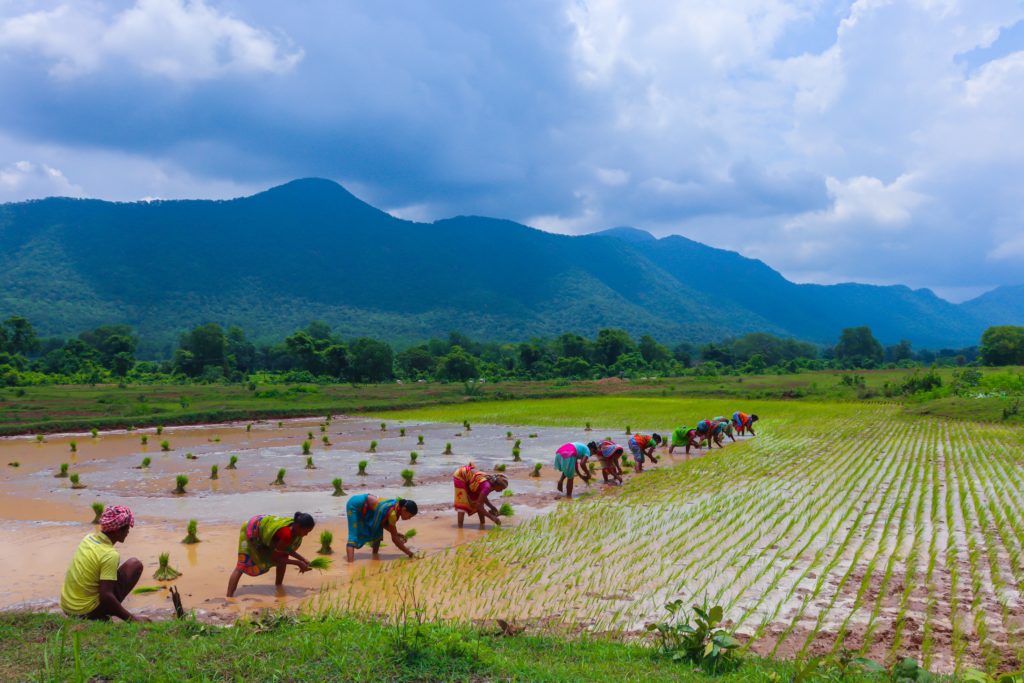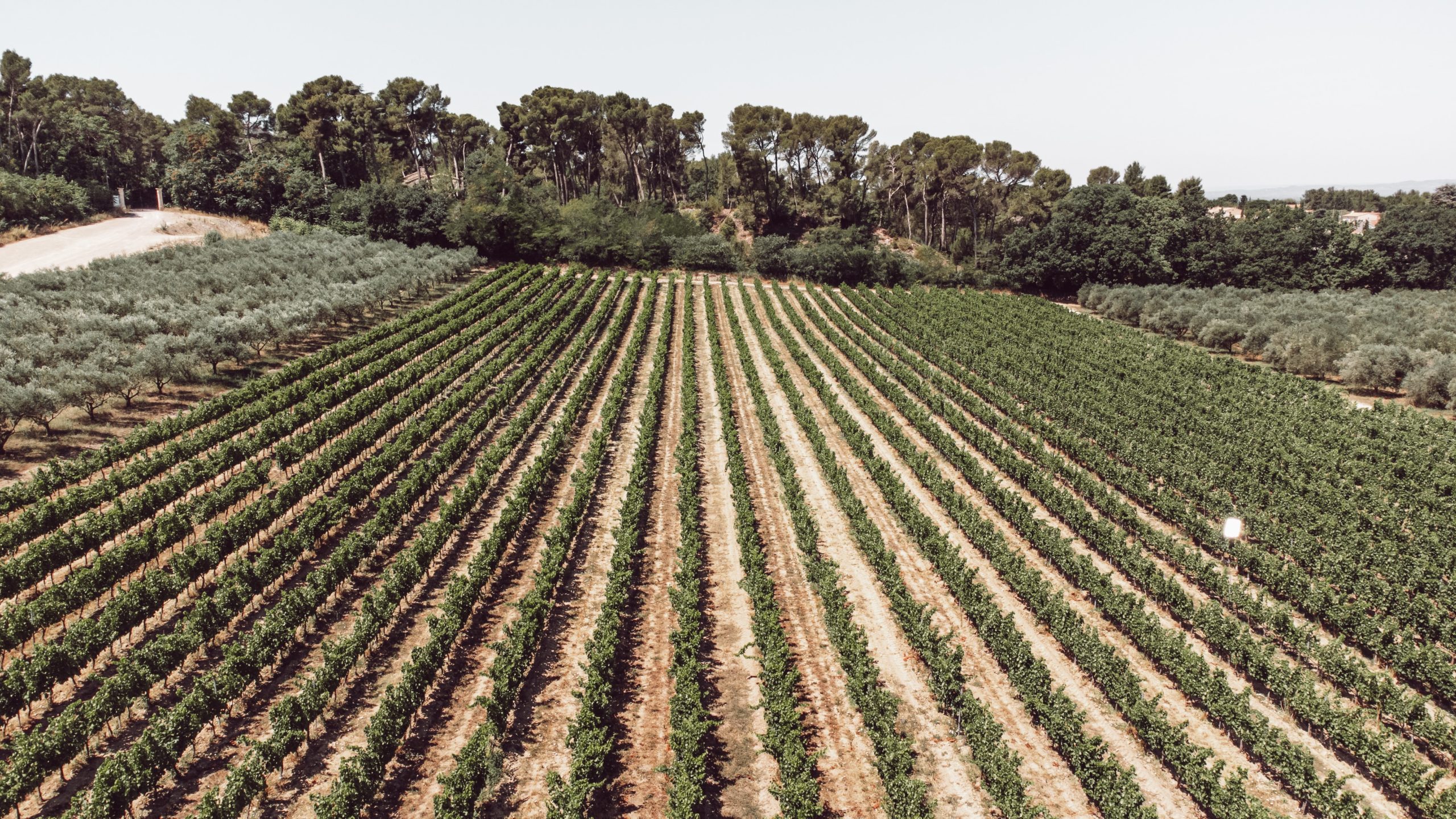Growing your food is the best way to make sure you’re giving your body what it needs. It’s also a great way to build community and make an impact on the environment. But if you’re starting a new business, it can be hard to know where to begin.

The good news is that starting an agriculture business in Gambia isn’t all that difficult. You just need some land and some seeds or other growing equipment, and then you can get started right away—no matter what season it is or how much experience you have. If you’re interested in starting an agriculture business in the country, here are some tips for getting started:
- Start small
Don’t try to grow a whole lot of crops at once; instead, start with one or two types of seeds and see how well they do before expanding.
- Get local support
Don’t worry about whether or not people will buy from you. Instead, focus on building relationships with farmers nearby who have already made the transition into agriculture themselves and are willing to give advice.
Here are a few more tips and procedures for establishing a new agricultural business in Gambia.
Step-by-step starting a farm business
Starting agriculture is not a simple endeavor, but it may be made easier with adequate study, preparation, knowledge, and dedication. The essential steps to take when starting your own agriculture business in the nation are as follows.
Choose the best agriculture niche in the country
The most difficult aspect of starting an agriculture business is deciding where to invest or what to grow to make a large profit. The top agricultural items in Gambia are listed below to help you choose the most profitable segments.
Poultry farm
The market for poultry goods is strong in the country, and the administration recognizes the critical role poultry farm owners play in the country’s economic development.
Livestock farm
In The Gambia, the livestock sub-sector contributes approximately 29.6% of the Agro-based GDP and 8.6% of the country’s GDP. It is an essential root of meals as well as a means of income for many Gambia households.
Rice farm
Rice remains the staple food of the majority of Gambian households, and this trend is unlikely to change anytime soon. With the likelihood of a prohibition on imported rice into the Gambia, this market could provide you with a profitable business opportunity.
Vegetables
Vegetables are one of the most widely purchased food products in the country due to their importance in a healthy lifestyle. Fresh vegetables are always in high demand in communities, grocery stores, and even guest houses.
Choose the corporate structure for your farm
The main types of corporate entities utilized for agriculture firms in Gambia are:
Private Corporation
A private corporation is a corporate that is owned and managed by one or more individuals. It is a form of business organization in which shares are sold to the public, with profits distributed among shareholders.
Social Enterprise
Social enterprises are run by nonprofit organizations, although they can engage in commercial activities if they wish so.
Limited Liability Company
A limited liability company (LLC) has the same legal status as a partnership, except that its members are not personally liable for their debts.
Obtain license
The process of obtaining a corporate license for farms in the country can be complicated and time-consuming. It involves filling out forms, submitting documents, and paying fees to the relevant authorities. It is also important to know what kind of activities are allowed on your farm, as this will determine what kind of permit you need to obtain. For instance, you may need a permit for water usage if you plan to grow crops, and you may need a license to use fertilizers if you plan to fertilize the land.
By taking the time to understand the regulations and requirements for obtaining a corporate license for farms in the nation, you can ensure that your farm operates legally and successfully.
You may also find these articles helpful
Start an agriculture business in Africa
Start an agriculture business in Latvia
Start an agriculture business in Kosovo






